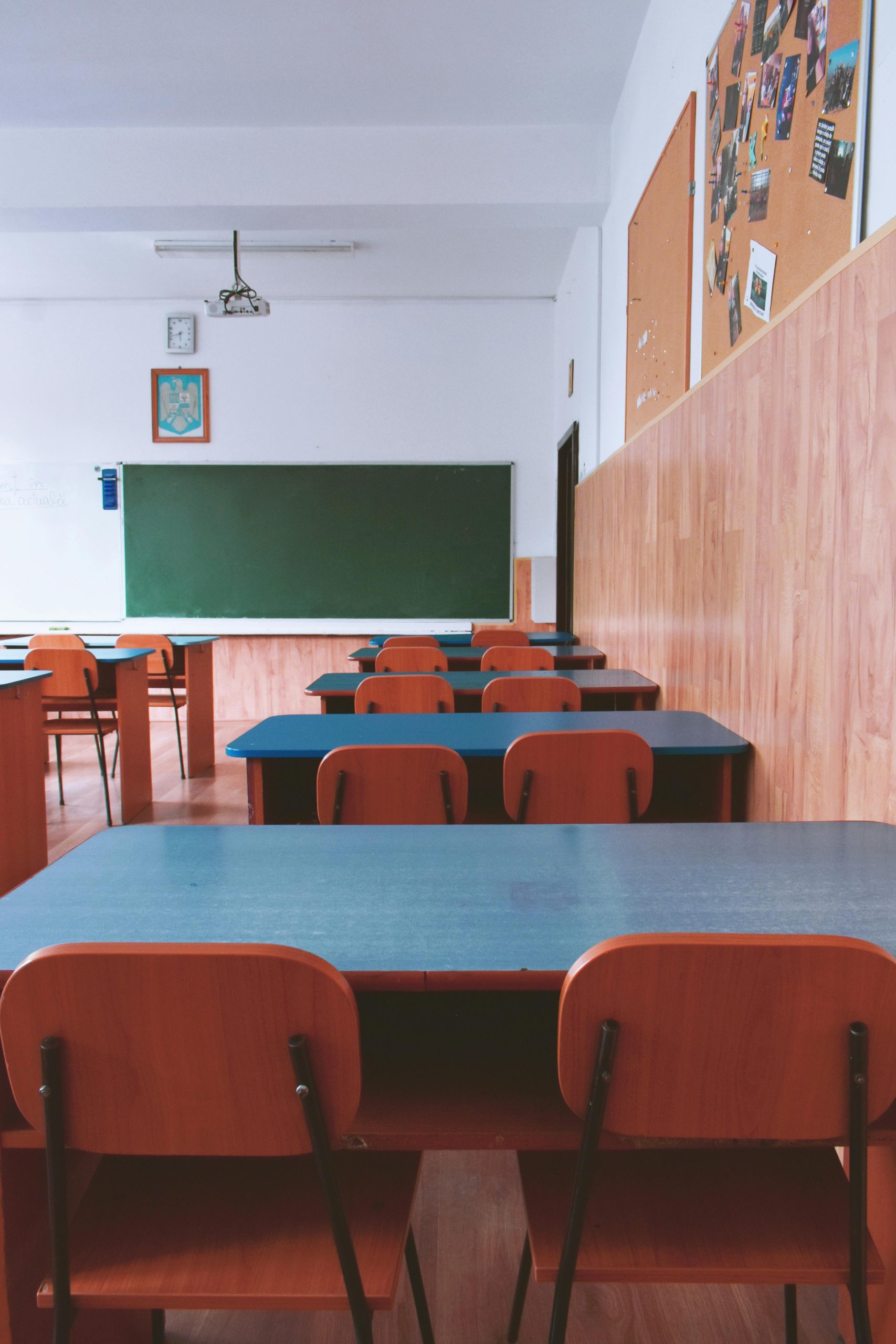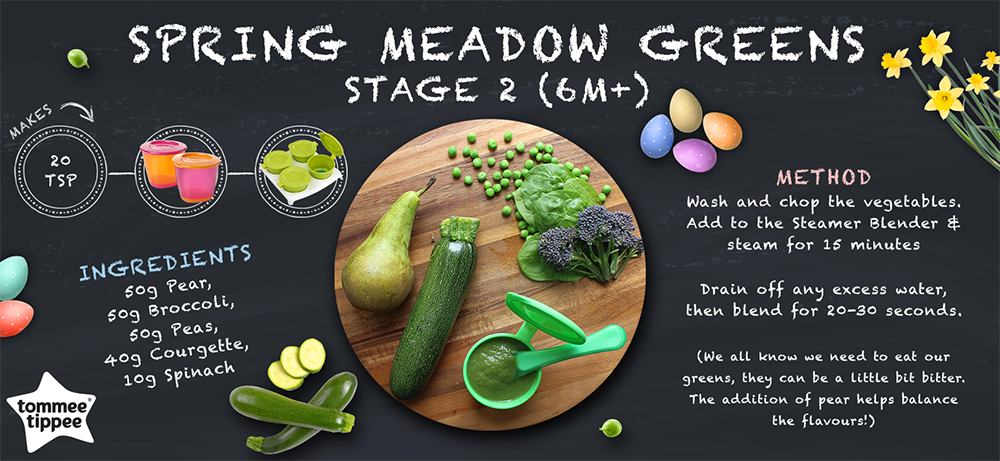Inspiring Young Minds Thanks to Personalised Education
This is a collaborative post
Personalised education reshapes traditional teaching, helping students excel in their learning environments. Standardised methods often fail to engage children with different learning styles, interests, or paces, leaving many uninspired. A tailored approach addresses these challenges by nurturing curiosity and fostering a genuine love for learning. This method ensures children receive the right support to thrive academically and personally.

Photo by Diana ✨: https://www.pexels.com/photo/photo-of-empty-class-room-2675061/
Personalised learning significantly benefits students. It aids in understanding academic concepts and building skills like critical thinking, creativity, and emotional intelligence. By equipping learners with the tools to succeed, this approach boosts their confidence and helps them pursue their passions, laying a strong foundation for the future. Beyond academics, it prepares children for challenges outside the classroom.
Recognise Individual Learning Styles
Recognising and accommodating different learning styles is an important part of personalised education. Some children learn best through visual methods, while others respond better to auditory or physical approaches. Educators who identify these preferences can adjust their teaching techniques to improve engagement and comprehension.
For example, a child who prefers visual learning may benefit from diagrams, charts, or videos that simplify complex ideas. On the other hand, a child who excels with hands-on activities might perform better in projects or group work that involves practical interaction with the material. By considering these preferences, educators and parents can support curiosity and meaningful learning.
Recognising each learner’s individuality creates a more dynamic and effective educational experience. Children often show greater motivation and interest when allowed to learn in ways that align with their strengths. This method also builds adaptability and problem-solving abilities, helping students tackle challenges with confidence.
How Personalised Education Supports Academic Growth
Personalised education significantly enhances academic progress by addressing each student’s strengths, challenges, and interests. By tailoring the learning process, students gain a deeper understanding of the material while developing their unique talents, resulting in improved performance.
For instance, a child struggling with mathematics but excelling in creative writing could benefit from a customised project that bridges these subjects, such as crafting a story incorporating mathematical concepts. This approach reinforces learning while keeping students motivated and engaged.
Personalised learning is especially effective in environments like a language school or a summer school for kids, where tailored programmes cater to varied learning styles. When education aligns with students’ interests, it strengthens their connection to their studies. Recognising the practical relevance of their work encourages greater effort, leading to improved academic outcomes and a comprehensive understanding of complex topics.
Parents can also adopt personalised strategies at home to support their children’s development. Engaging with a child’s interests and providing tailored resources can nurture creativity and a love of learning. Platforms like SKOLA, a UK-based organisation, offer comprehensive support for personalised education. Skola specialises in enhancing school environments through a variety of services, including tailored curriculum design, teaching strategy training, and tools for assessment and data analysis.
It also promotes engagement and motivation through innovative projects and digital learning tools. Their online platforms and parental engagement workshops equip families with practical strategies to support their children’s learning journeys. Additionally, Skola offers SEND (Special Educational Needs and Disabilities) support, ensuring inclusive education for every child.
The Importance of Emotional Wellbeing in Education
A safe and supportive environment is crucial for effective education. Personalised approaches address each child’s emotional needs alongside academic goals.
When educators respond to a child’s emotional challenges, they create a more inclusive learning space. For example, a child hesitant to participate in class discussions may gain confidence in smaller group settings, where the pressure is reduced.
Focusing on emotional support helps students build resilience, adaptability, and interpersonal skills. These abilities are essential for academic progress and handling everyday challenges. Parents can strengthen emotional growth by encouraging open communication at home, allowing children to express their feelings without hesitation.
Emotional support also boosts student motivation. Children who feel secure and supported are more engaged in their studies, leading to better outcomes. Balancing personal development with academic achievement ensures students thrive both in and out of the classroom.
Innovative Approaches to Personalised Learning
Technology has created new possibilities for personalised education. Online platforms and tutoring services enable flexible learning tailored to each student’s needs. These resources provide customised support, helping students achieve their potential through targeted approaches.
Such tools allow parents to connect their children with expert educators who address individual learning requirements. Services often include one-on-one sessions focusing on areas where students need extra help and reinforcing classroom instruction. The flexibility of online tutoring makes it convenient for busy families, offering lessons that fit their schedules.
Beyond traditional subjects, incorporating creative disciplines can enrich personalised learning. For example, combining art or music with science or history can spark students’ imaginations and improve retention. By showing how different subjects connect, educators can inspire deeper engagement and make lessons more meaningful.
Building a Community of Support
A strong community is vital for personalised education. Collaboration between parents, educators, and peers helps create an environment that supports growth. Open communication ensures parents can share insights with teachers and understand their child’s needs.
Regular meetings with teachers keep parents informed and involved in their child’s learning. These discussions allow educators to adjust their methods based on feedback, ensuring individual needs are addressed effectively.
Encouraging students to connect with peers enhances their learning experience. Group projects and study sessions help children develop collaboration skills and gain new perspectives, enriching their understanding of subjects.
Personalised education inspires and empowers students. By addressing unique learning styles and emotional needs and using tailored strategies, educators and parents can help children thrive while fostering a lifelong passion for learning.



